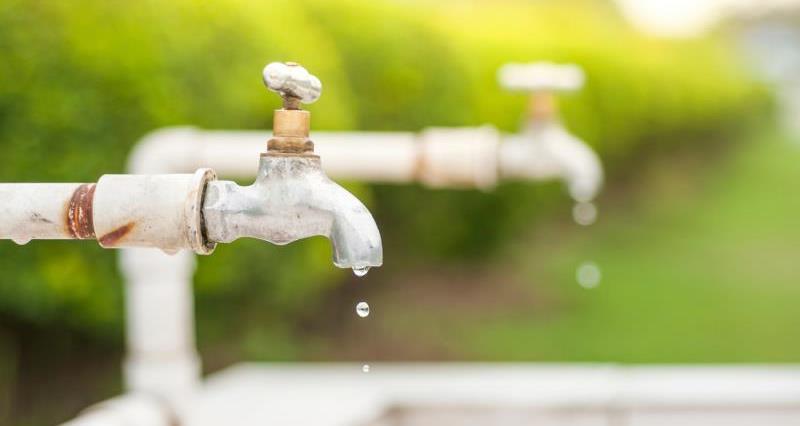The consultation closes on 24 January 2017.
The proposals potentially affect licence holders in the Northumbria, Anglian, Southern and Thames regions.
In Northumbria, the agency would like to change the way in which the current charging formula accounts for the Kielder Reservoir Transfer Scheme.
Elsewhere, the EA wants to cease collecting the Environmental Improvement Unit Charge (EIUC) in Anglian and Southern regions by reducing it to zero on a permanent basis. Finally, they intend to increase the EIUC in the Thames region.
Having YOUR say
- Members interested in making comments should read the Environment Agency consultation here
- Please send any comments that you would like us to consider including as part of the NFU response to cGF1bC5oYW1tZXR0QG5mdS5vcmcudWs=
Responding to the proposals for Northumbria, the NFU is pleased that the high Standard Unit Charge currently imposed on all abstractors (even those who do not benefit), which has been subject to a series of sharp increases in recent years, is recognised as being unfair and in need of review.
We welcome the proposal that where abstractors take water from parts of the river system that cannot be supported by releases from Kielder, then the current ‘source factor’ multiplier of 3x will be removed thereby refusing the charge.
But we understand that some licence holders who abstract water in river stretches where they could potentially benefit from the Kielder Transfer Scheme will have to accept an increased charge of the imposition of a ‘hands off flow’ constraint on their licence.
We believe that the costs of maintaining the Kielder Water Transfer Scheme should be wholly recovered from the public supply sector.
The NFU position on the EIUC has not changed since the time of its introduction in 2008 and is well documented. We continue to hold the view that compensation paid to protect national and international environmental assets should be provided from central government funds and not by a levy on other abstractors who are by definition ‘sustainable abstractors’.
In view of our position on the principle of EIUC, we support the proposal to permanently ‘close the book’ on collecting EIUC in Anglian and Southern regions by reducing it to zero in those charging areas, but are concerned about plans to increase the charge in Thames.
